AP US History Period 4 1800-1848
1/34
There's no tags or description
Looks like no tags are added yet.
Name | Mastery | Learn | Test | Matching | Spaced | Call with Kai |
|---|
No analytics yet
Send a link to your students to track their progress
35 Terms
Second Great Awakenings
Religious movement in early 1800s. Reaction against the rationalism of the Enlightenment. It sparked other reform movements (abolitionist, temperance, women's rights)
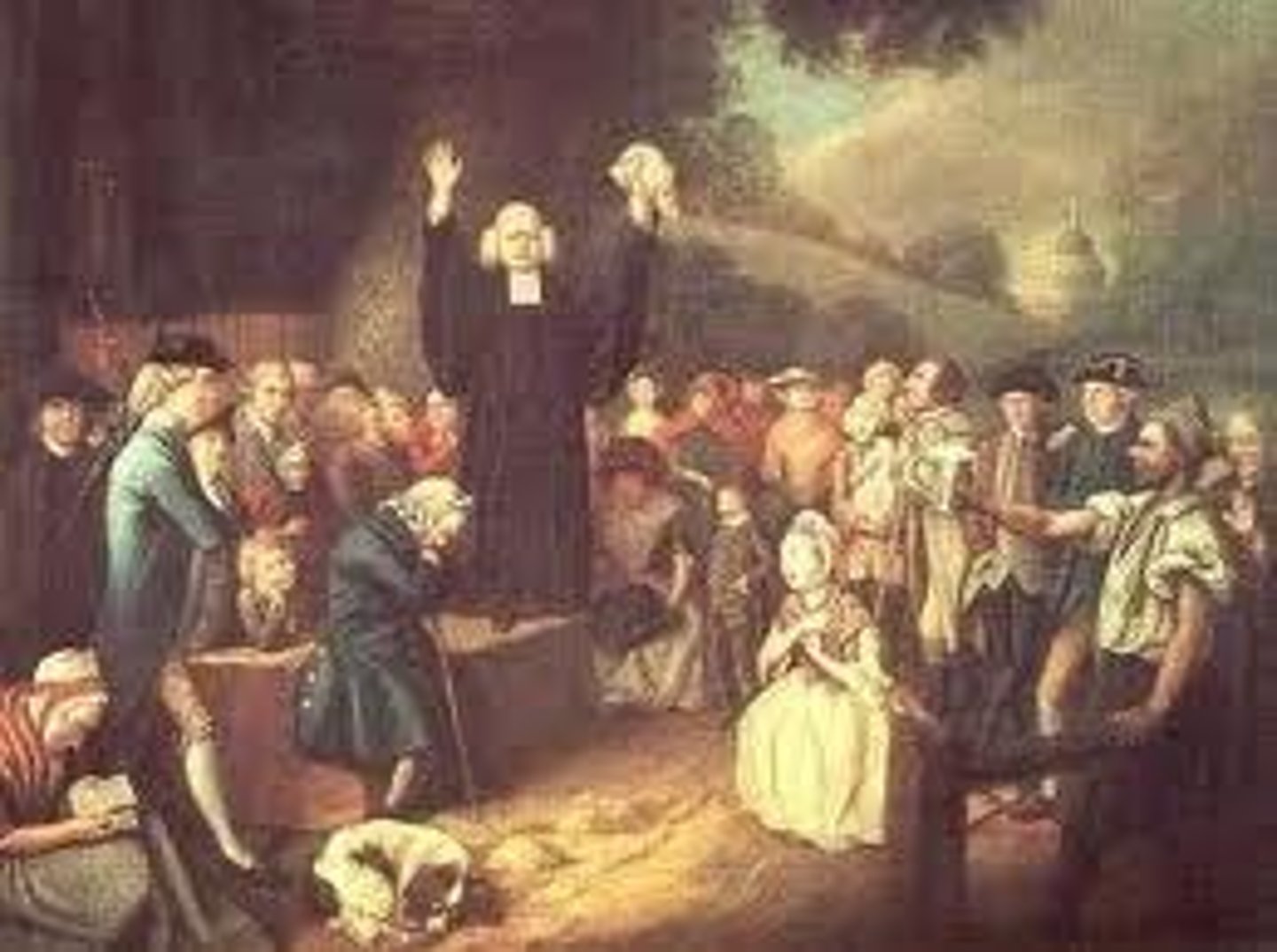
market revolution
Starting in the early 19th century, produced vast economic growth, mass produced goods.
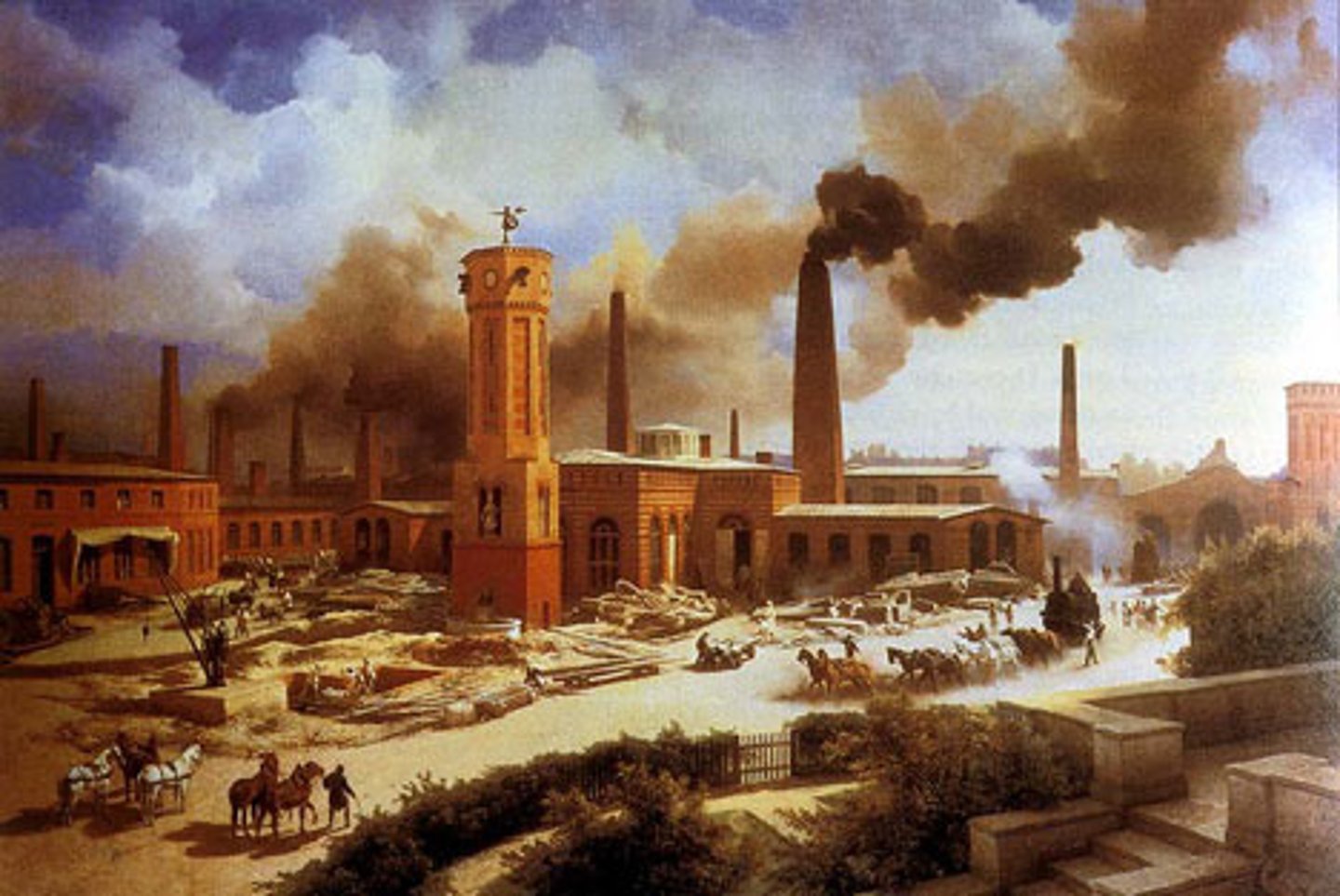
Thomas Jefferson
Believes in stronger state rights. Cuts back on federal power during his presidency (cut taxes and budget)
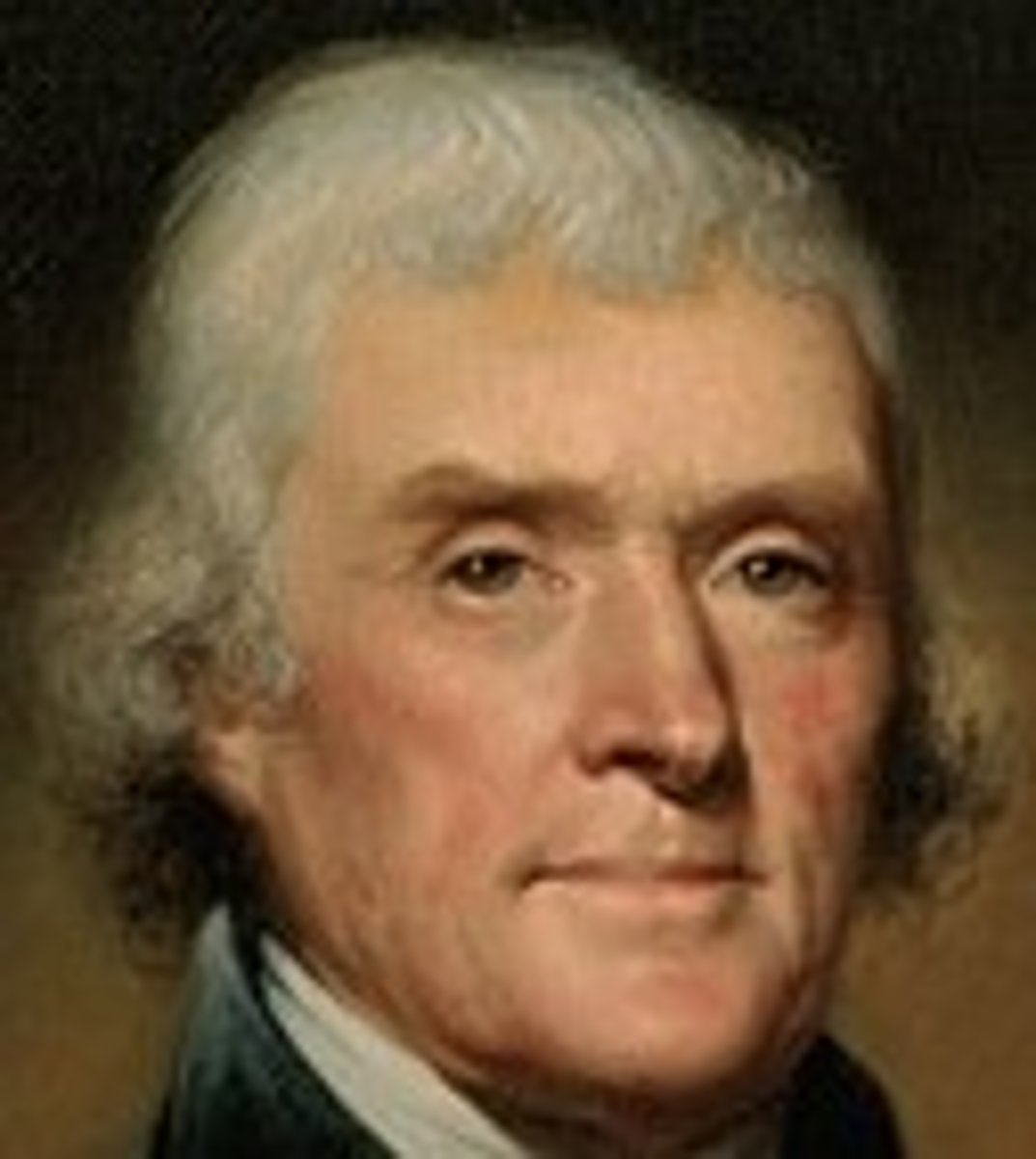
Tecumseh
Led the Shawnee against the Americans at the Battle of Tippecanoe
Causes of the War of 1812
- British impressment of American sailors
- British aid to Native American resistance
- The US wanted Canada
- War hawks in Congress
Effects of the War of 1812
- increased patriotism
- death of Federalist Party
-weakened Native American resistance
- increased manufacturing (Because the war interrupted trade, Americans were forced to make many of the goods they had previously imported)
Era of Good Feelings
Occurs following the War of 1812 (During Monroe's presidency)
1. Surge of patriotism
2. no 2-party system
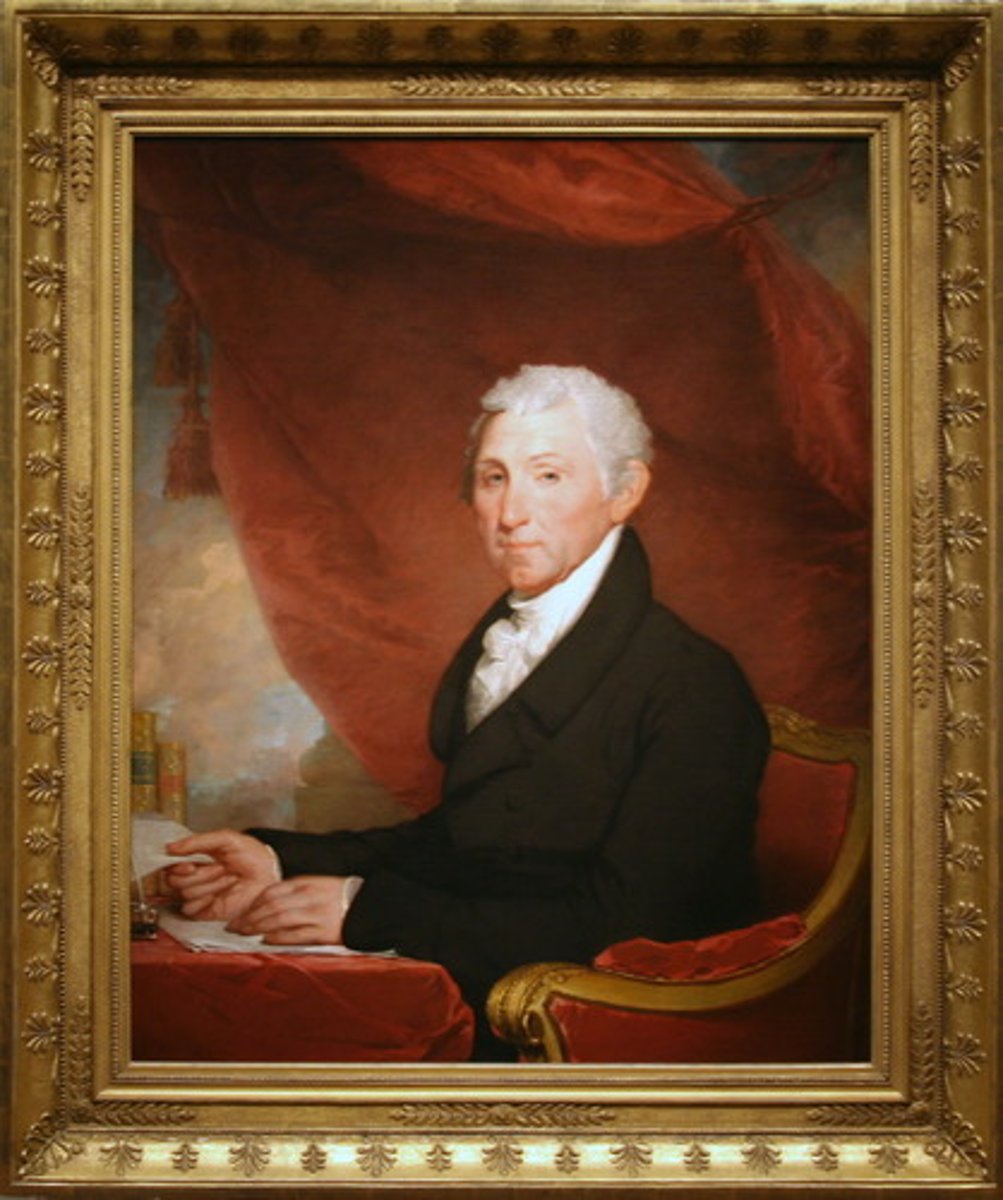
Monroe Doctrine
Warning European powers to refrain from seeking any new territories in the Americas.
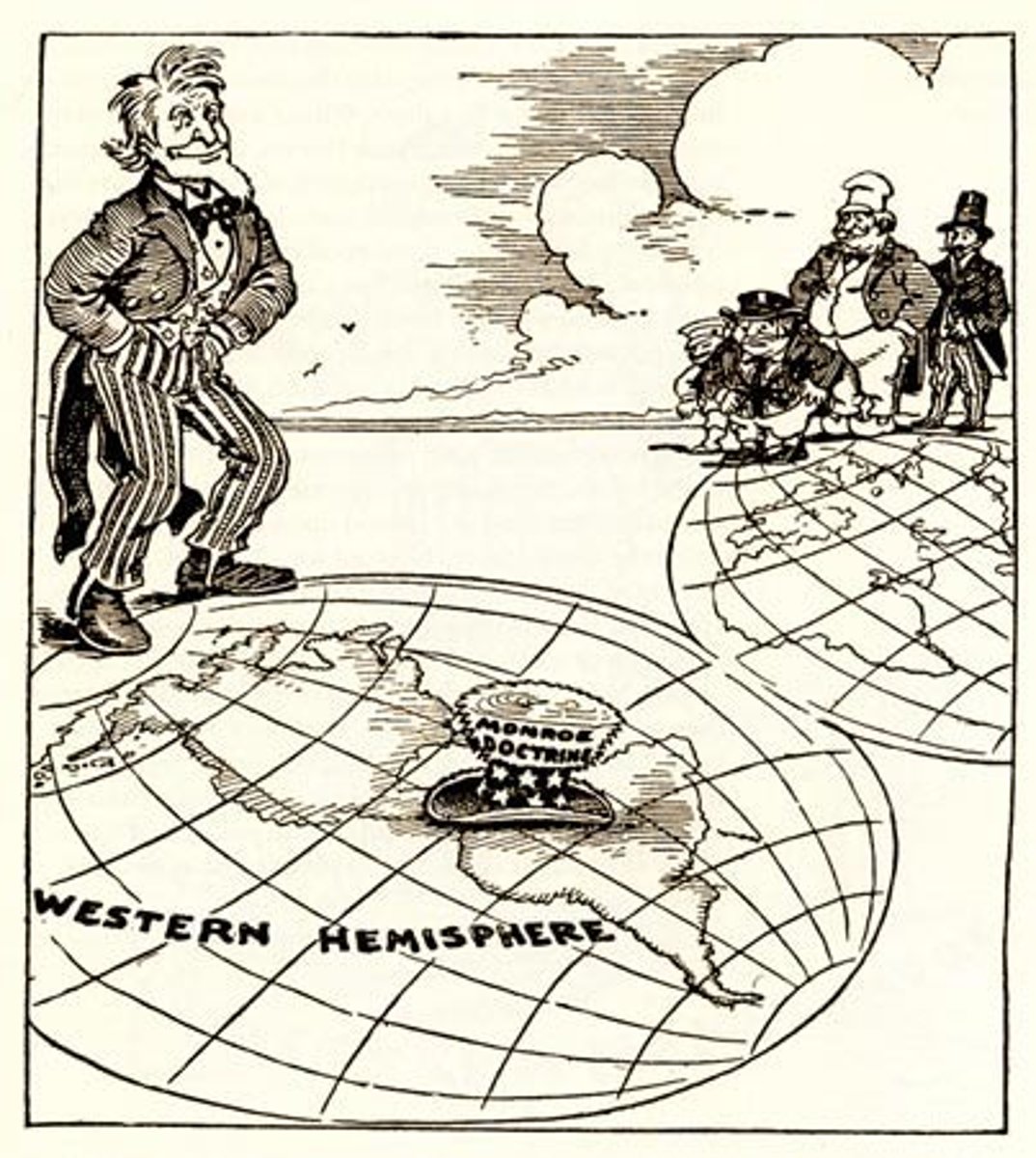
Jacksonian Democracy
also known as the Age of the Common Man.
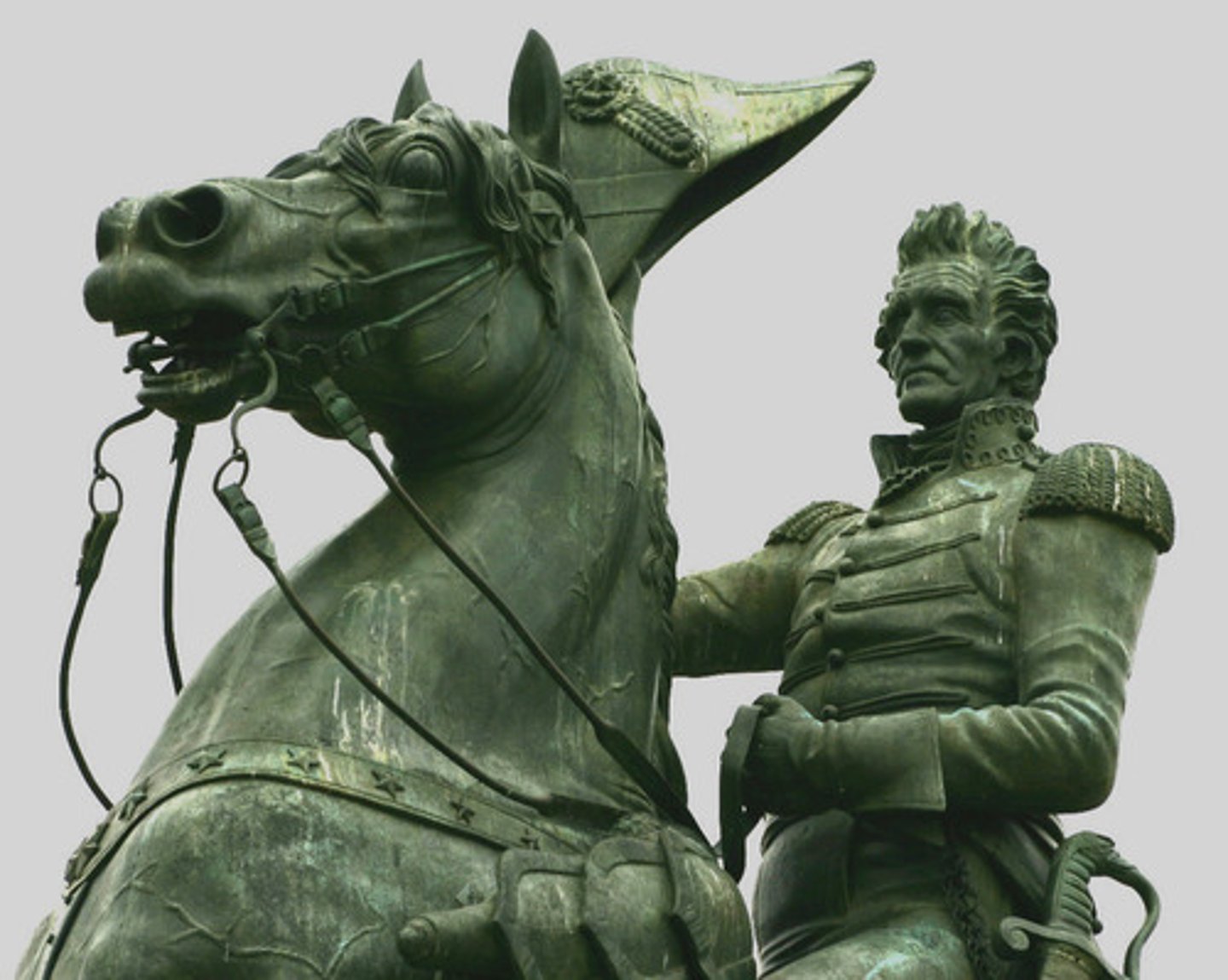
Indian Removal Act (Trail of Tears)
President Andrew Jackson supported this. Forced removal of many eastern tribes
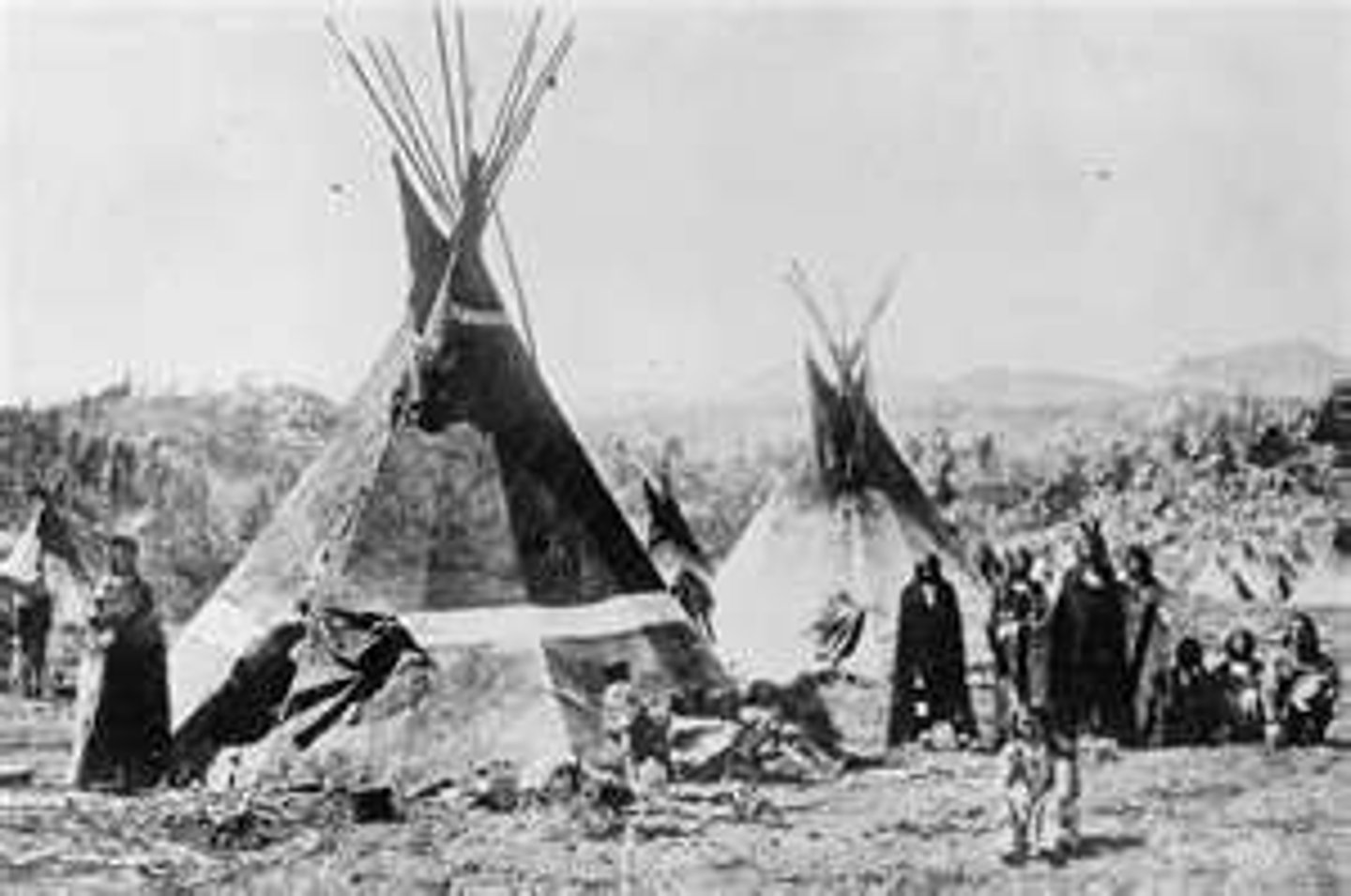
Nullification Crisis
South Carolina threatened to secede (withdraw) from the U.S. if tariffs were not reduced; Jackson vehemently opposes this threat and said he would said troops to enforce the tariff
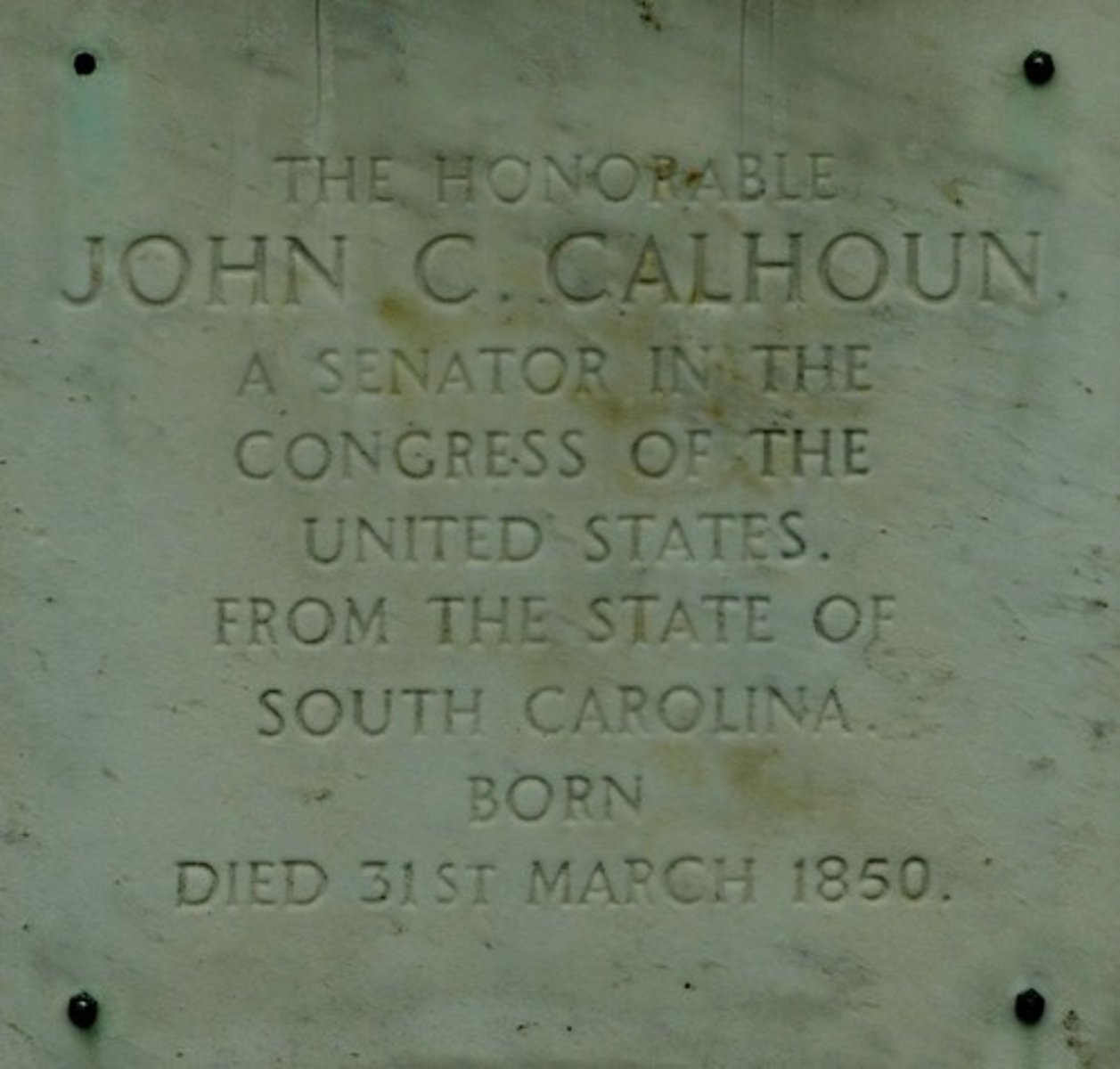
cotton gin
Invention of Eli Whitney; revolutionized cotton production and greatly increased demand for slavery
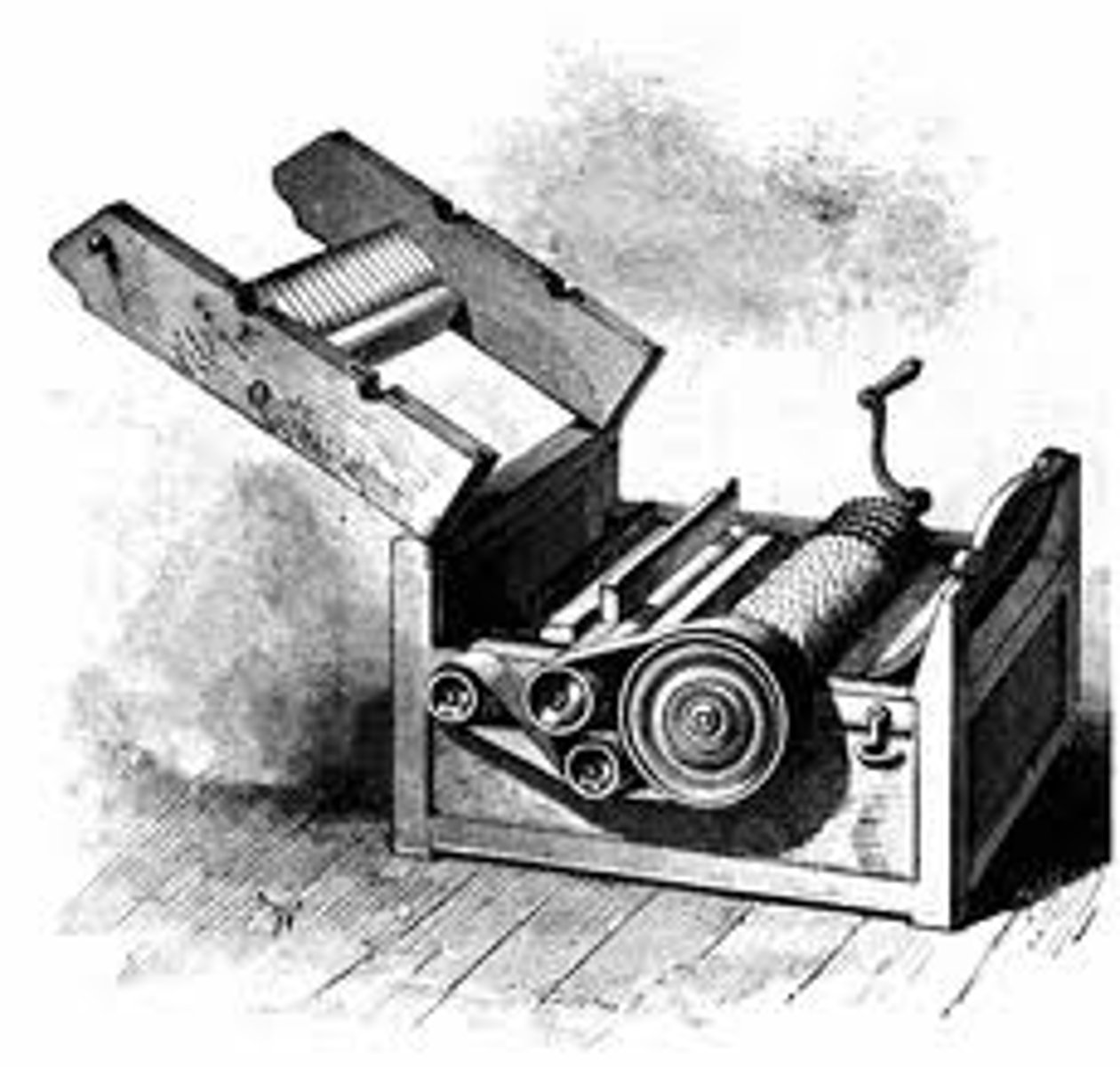
Elizabeth Cady Stanton and Lucretia Mott
Lead the Seneca Falls Convention
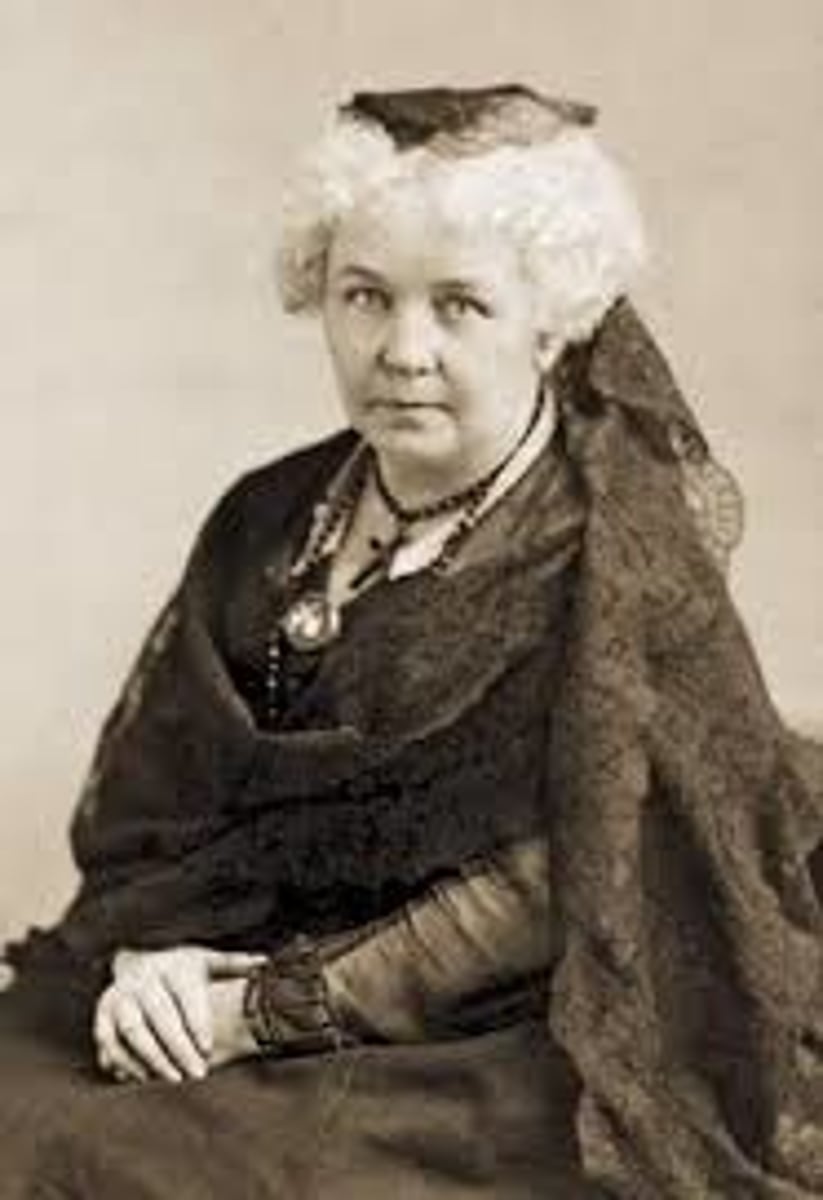
William Lloyd Garrison
Advocated the immediate emancipation of slaves without compensation to their owners. He was also the writer of the "Liberator."
Cult of Domesticity
Industrialization solidified traditional roles . Men were responsible for economic and political affairs. Women stayed home and reared the children.
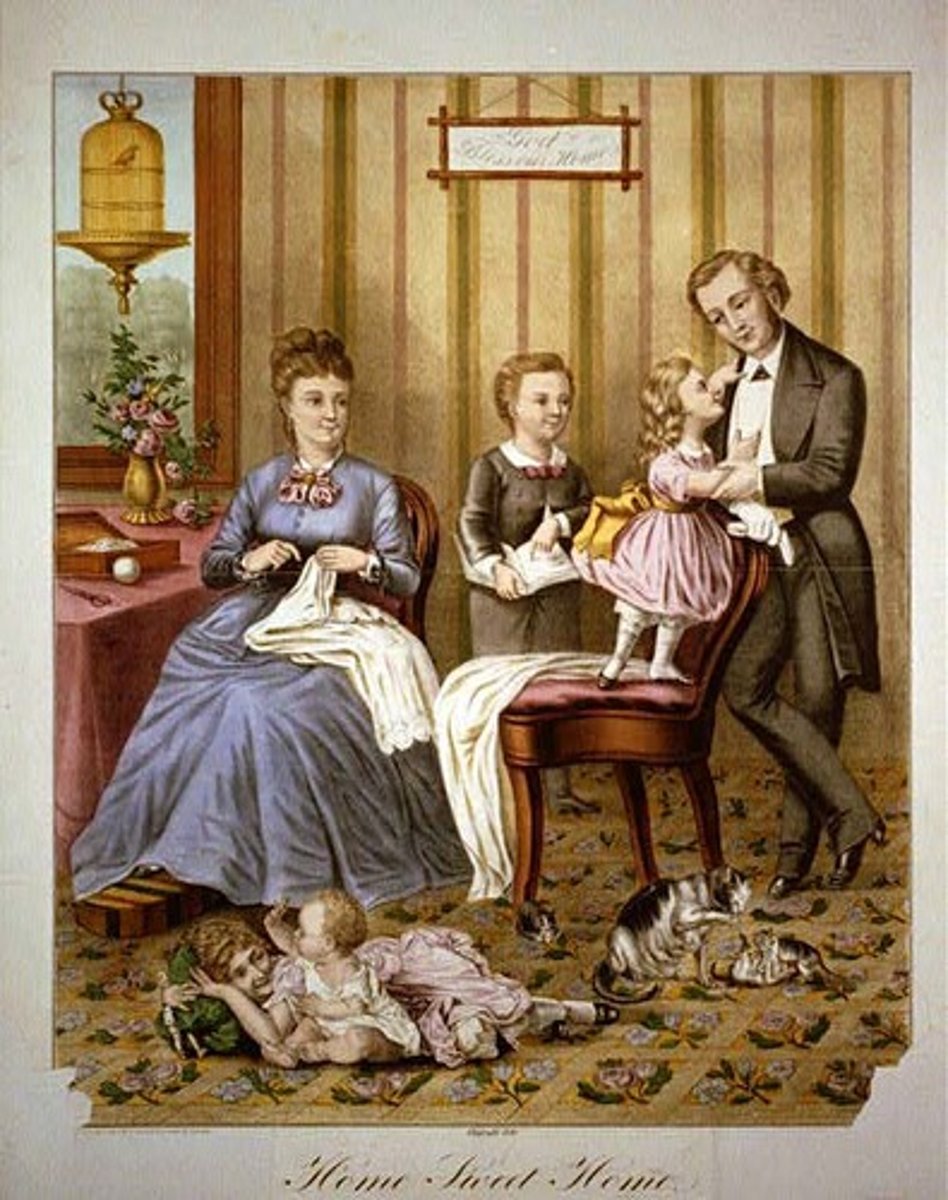
Sectionalism: The North
- economy = manufacturing
- urbanization
- larger population
- most immigrants went to northern cities
- had a growing middle class
- no slavery
Sectionalism: The South
- economy =agricultural (mostly cotton)
- rural
- no middle class
- lots of slaves
Sectionalism: The West
- the railroad allowed for more communities to develop westward
- some industrialization
- mostly grain farming
Democratic-Republicans
- Jefferson
- state rights
- Favored the common man
- weak central government
- hated the National Bank
Federalists
- Hamilton
- strong central government
- Favored the wealthy and educated
- supported the National Bank
Whigs
strong central government
disliked Jackson
Democrats
- Jackson was the first Democrat president
- state rights
Missouri Compromise
compromise crafted by Henry Clay; prohibited slavery above a specific line
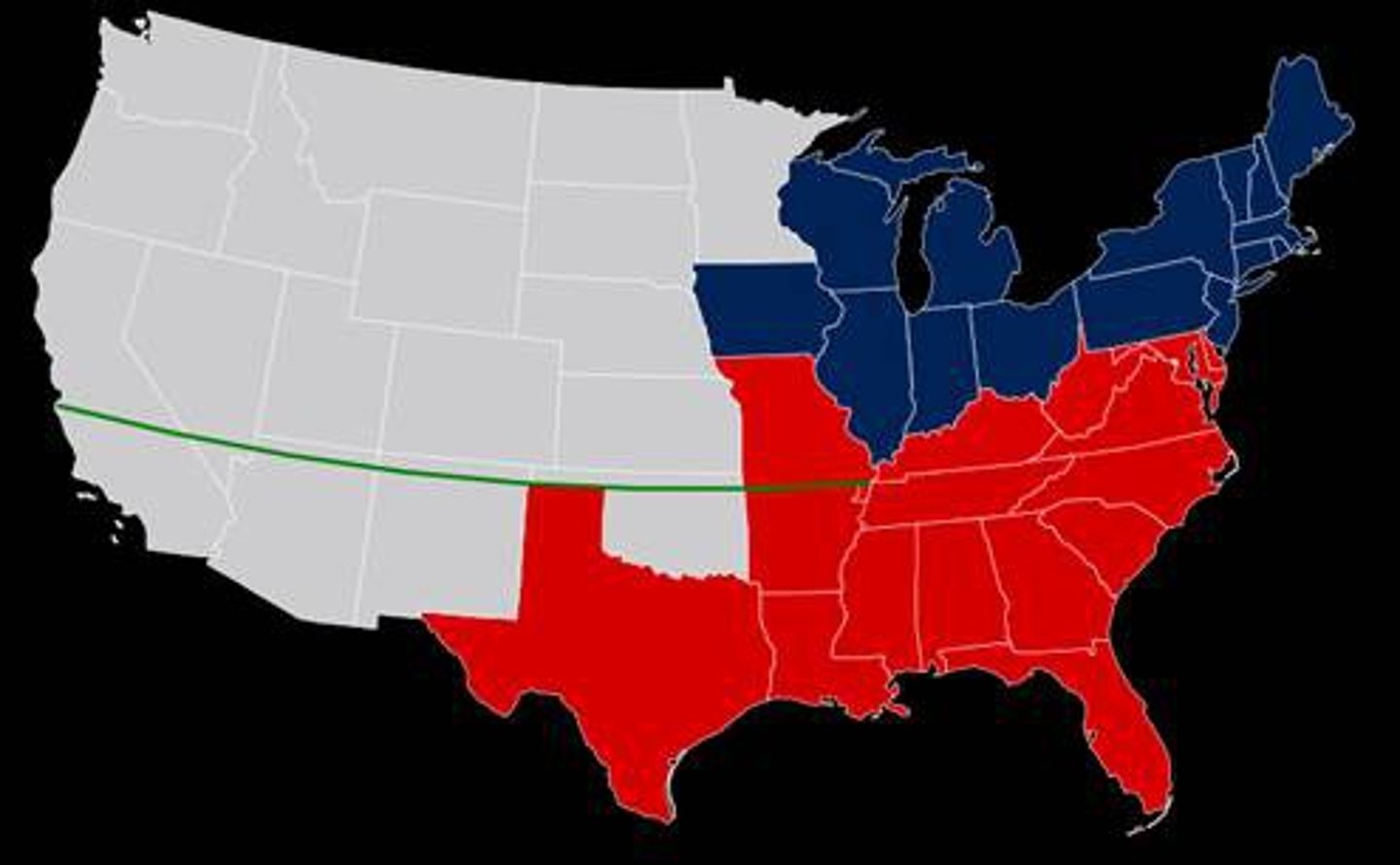
American Colonization Society
A group that thought slavery was bad. They would buy land in Africa and get free blacks to move there. One of these such colonies was made into what now is Liberia. Many sponsors just wanted to get blacks out of the country.
King Andrew
Nickname given to President Andrew Jackson when his opponents did not like his use of the veto power.
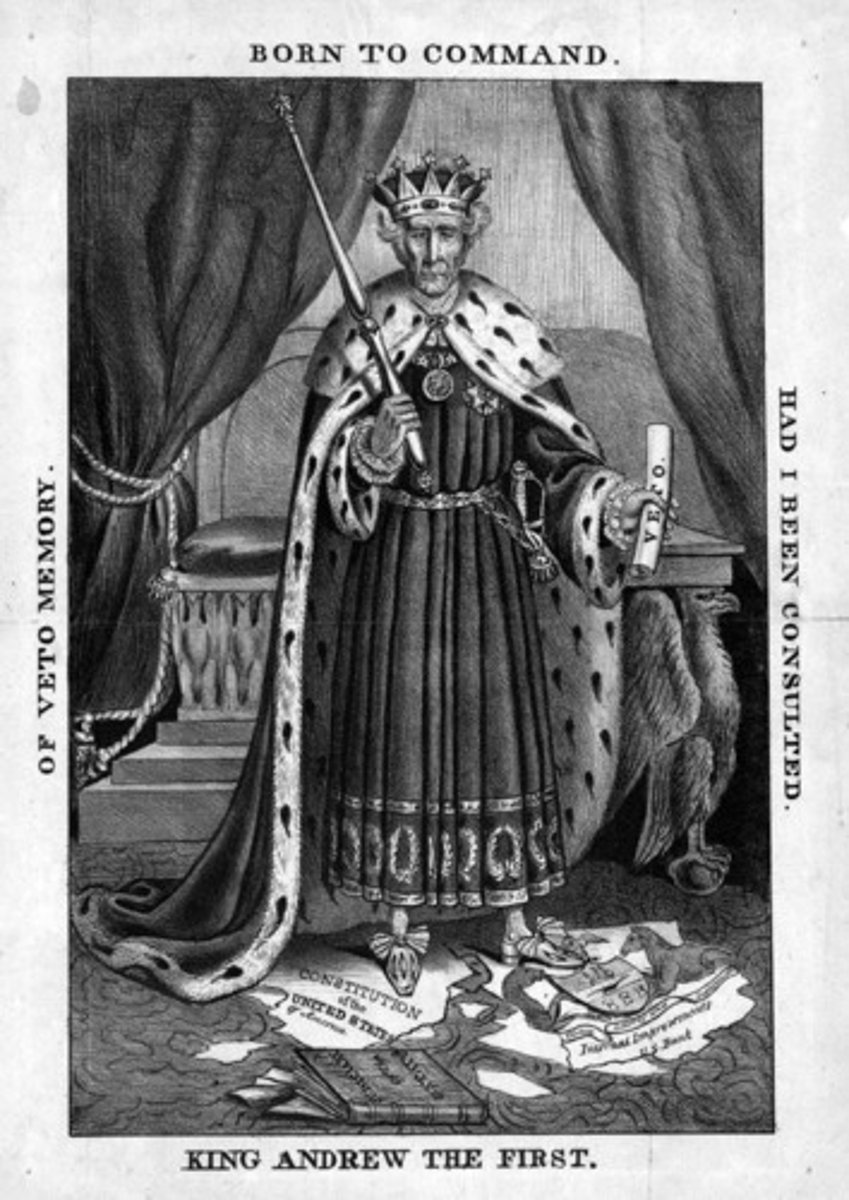
Nat Turner Rebellion
The big post-revolution slave rebellion
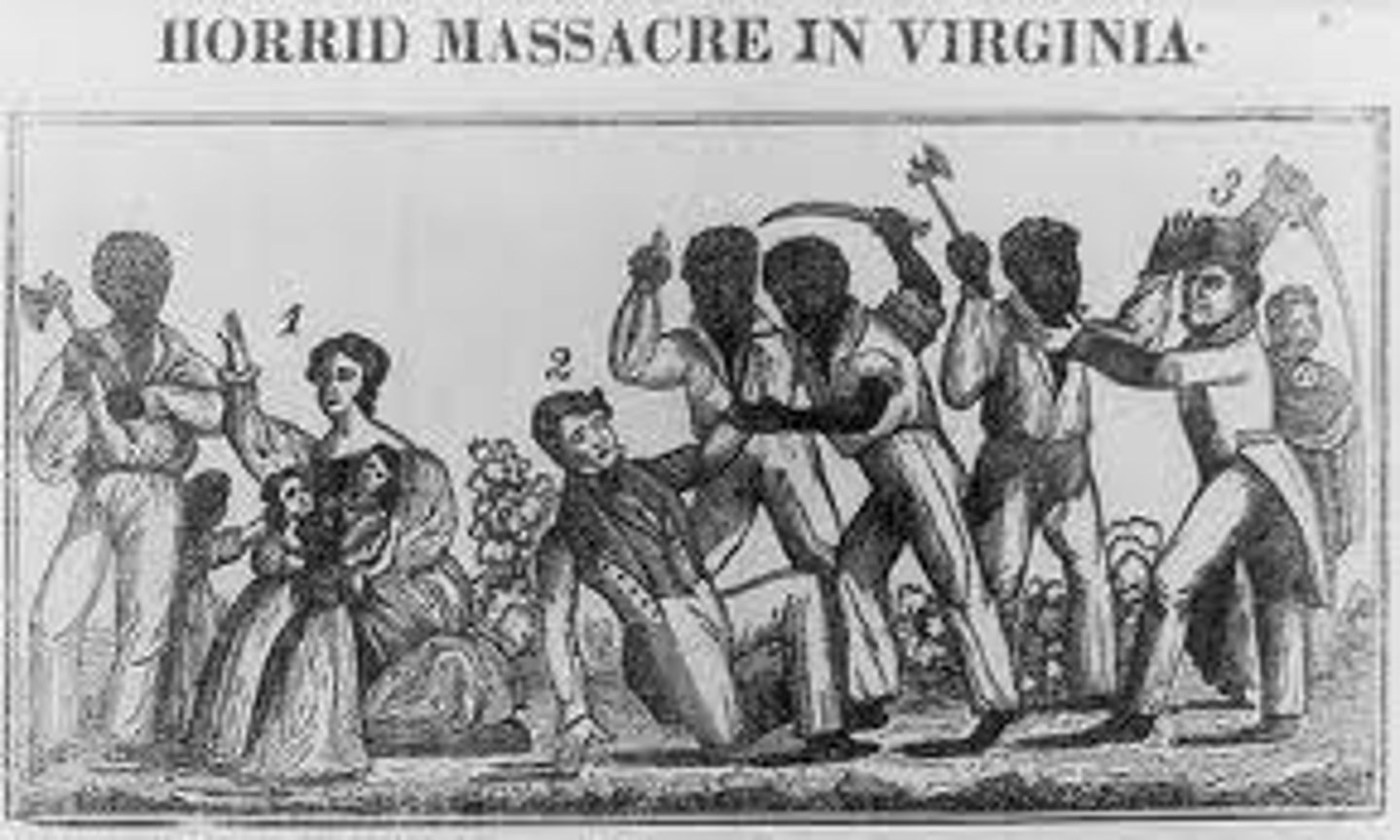
Marbury v. Madison
Established the Supreme Court's policy of judicial review.
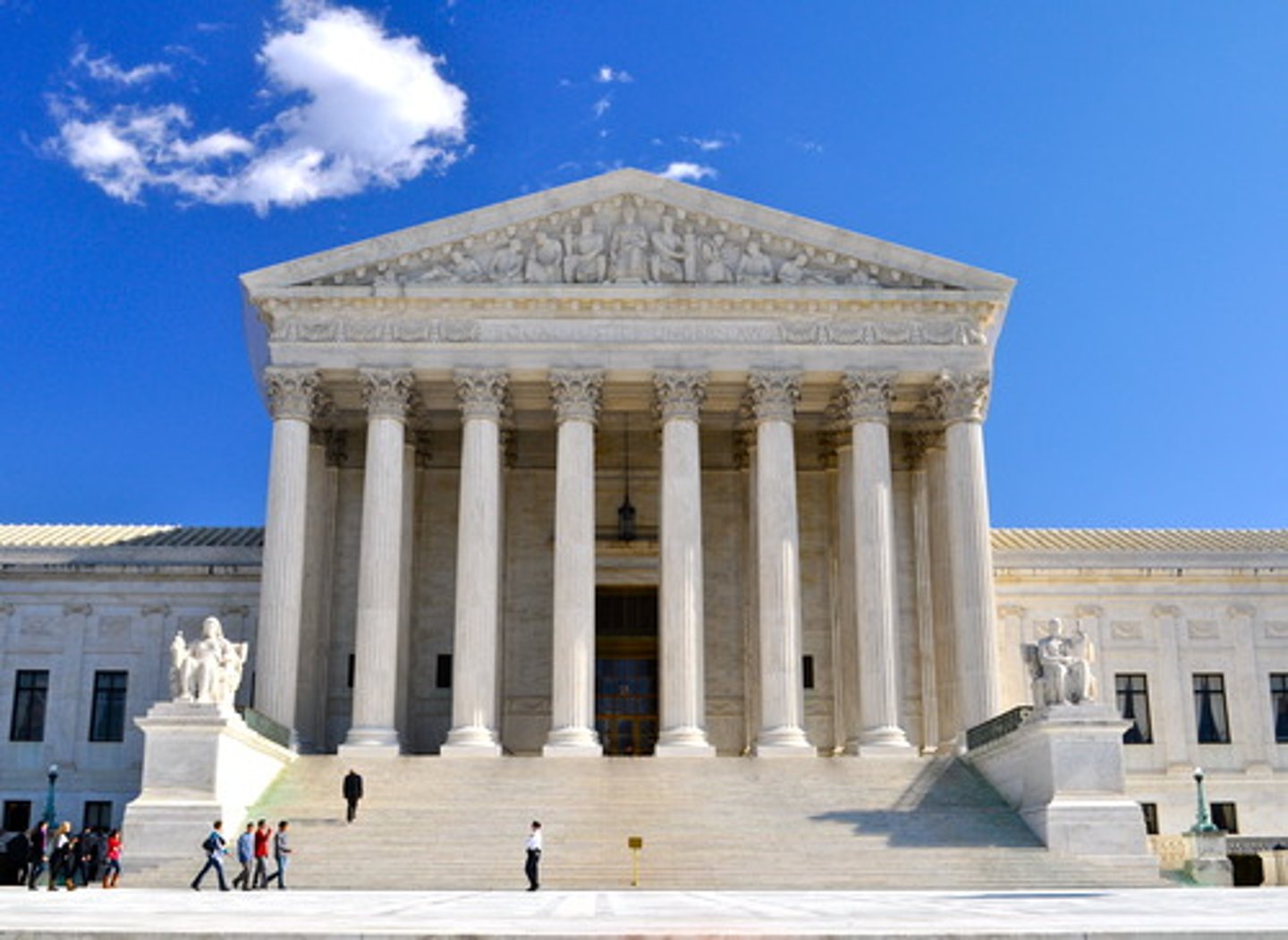
American System
Henry Clay proposed this to advance the nation's economy. It consisted of:
* Protective Tariffs:
* National Bank
* Internal Improvements
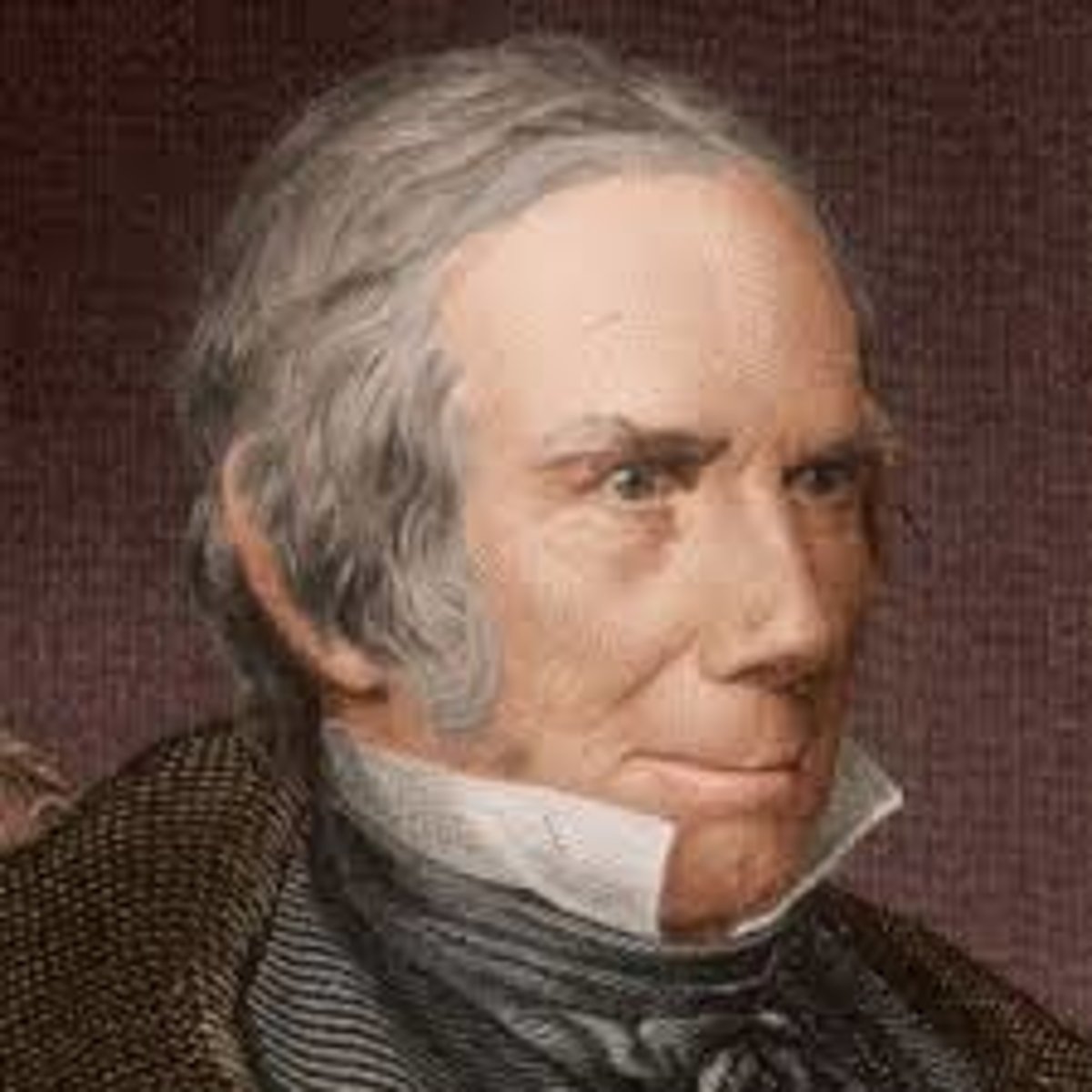
The Lowell Mill Factory
The system that recruited young farm women to work in the textile mills. They were housed in company dormitories near the mills.
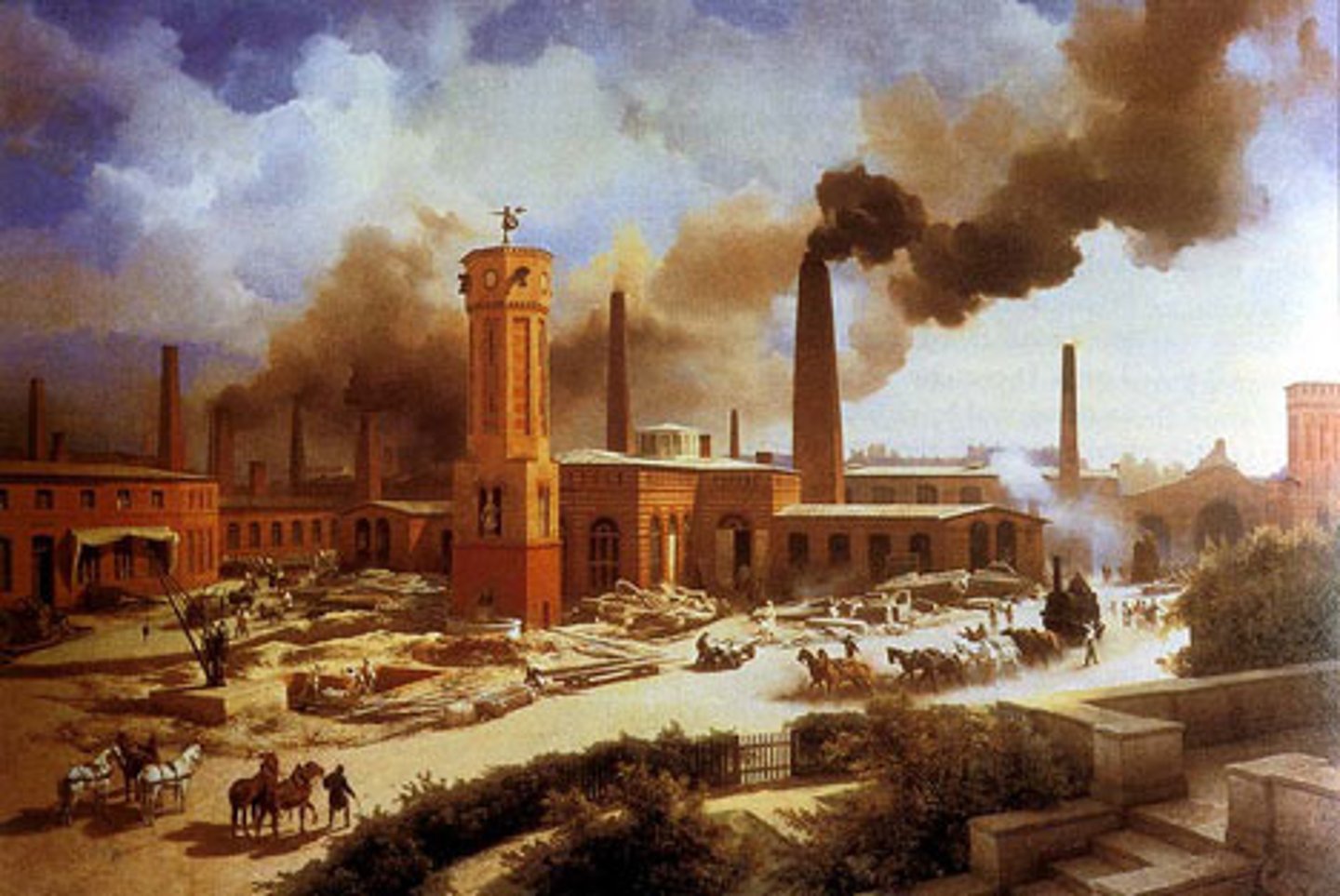
Seneca Falls Convention
In 1848 women's rights movement wrote a "Declaration of Sentiments", which declared all men and women equal and listed grievances.
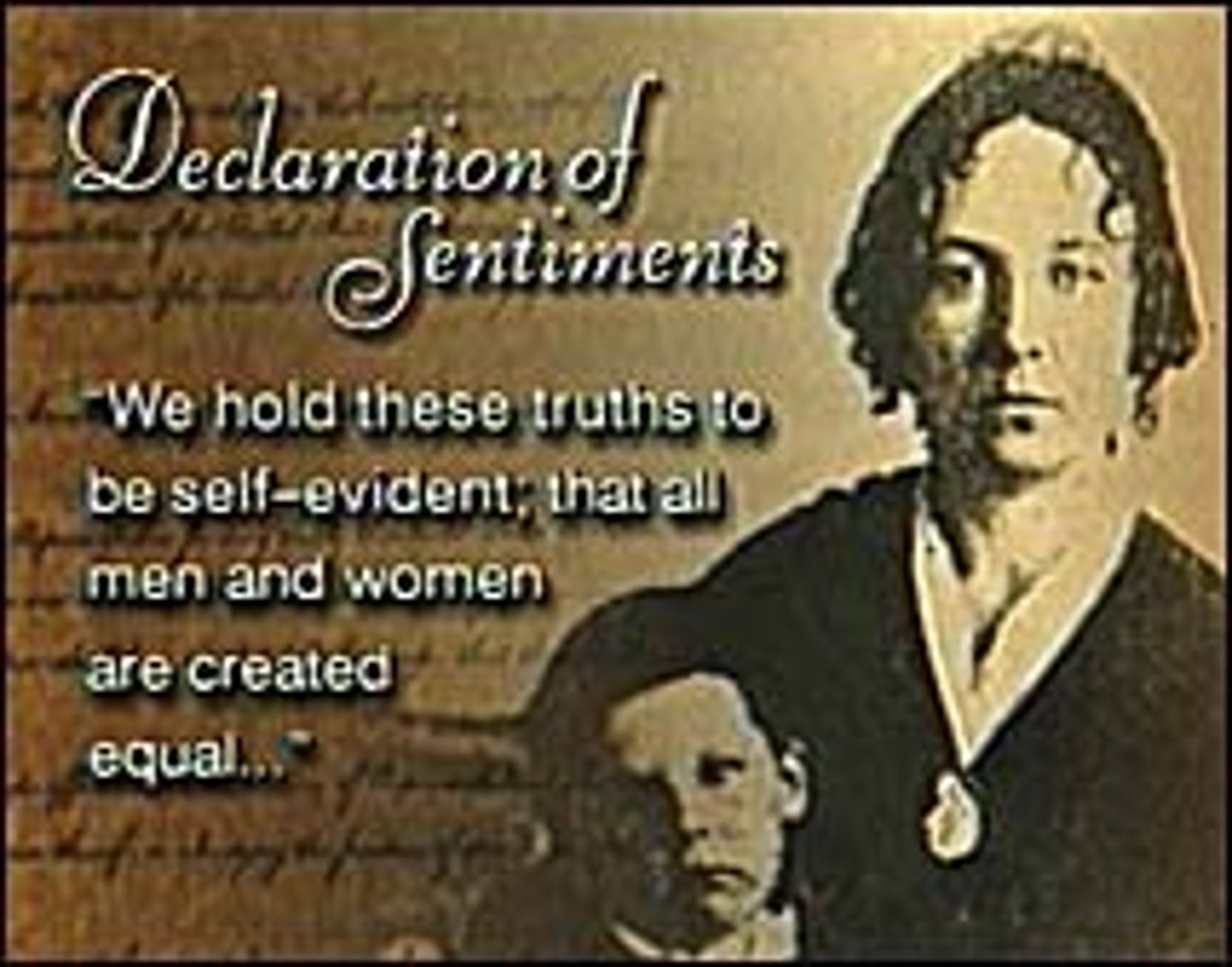
The Prophet
Advocated relocation rather than fighting Americans westward progression in order to preserve remnants of Native culture.
The Embargo Act
Cut off all US trade with the world, attempting to maintain American neutrality (France and England were at war)
Old Hickory
Nickname for Andrew Jackson gained from the Battle of New Orleans.
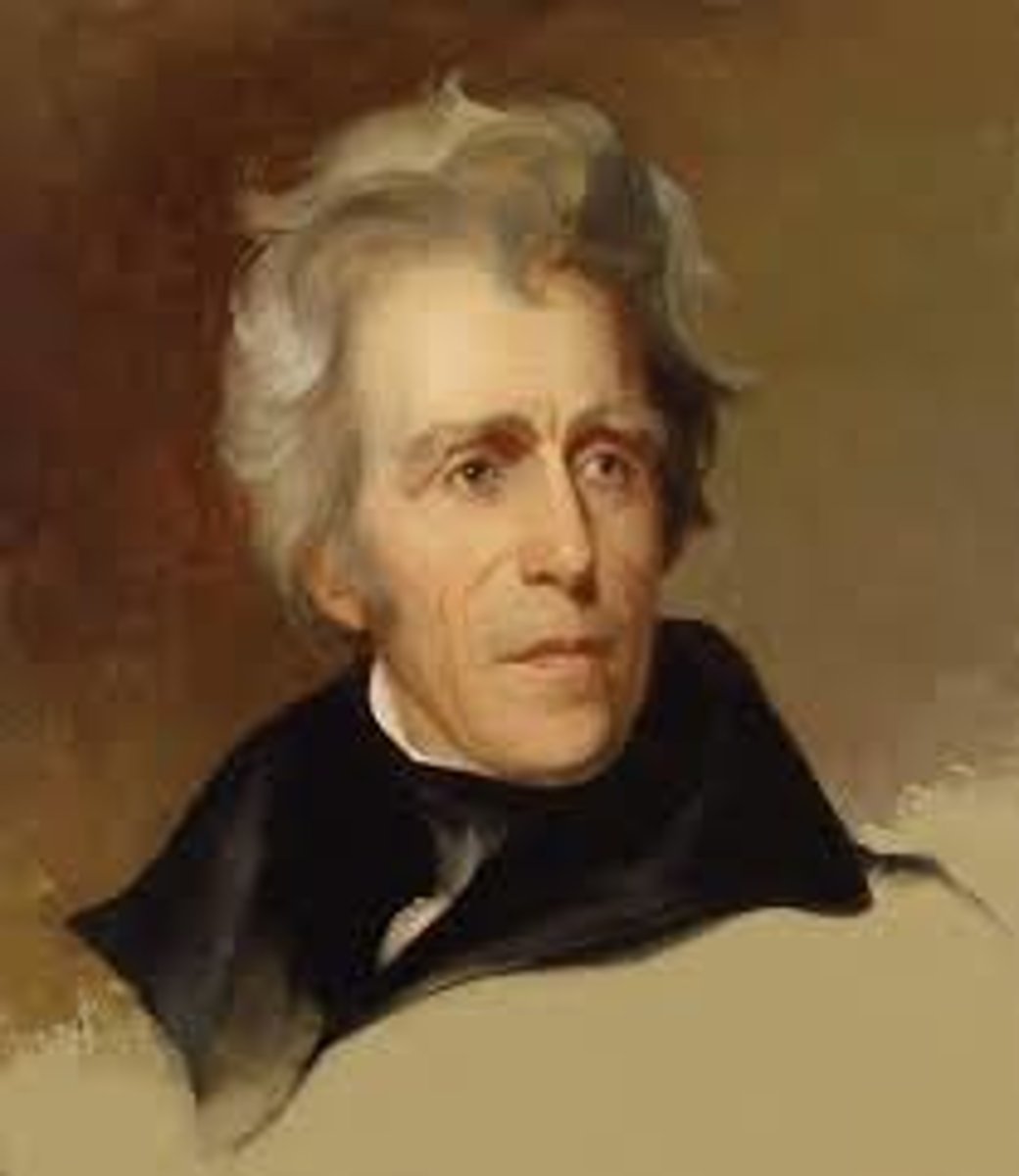
Worcester v. Georgia
Supreme Court case regarding Cherokee rights to land in the United States.
Gag Rule
Forbade discussion of the slavery question in Congress